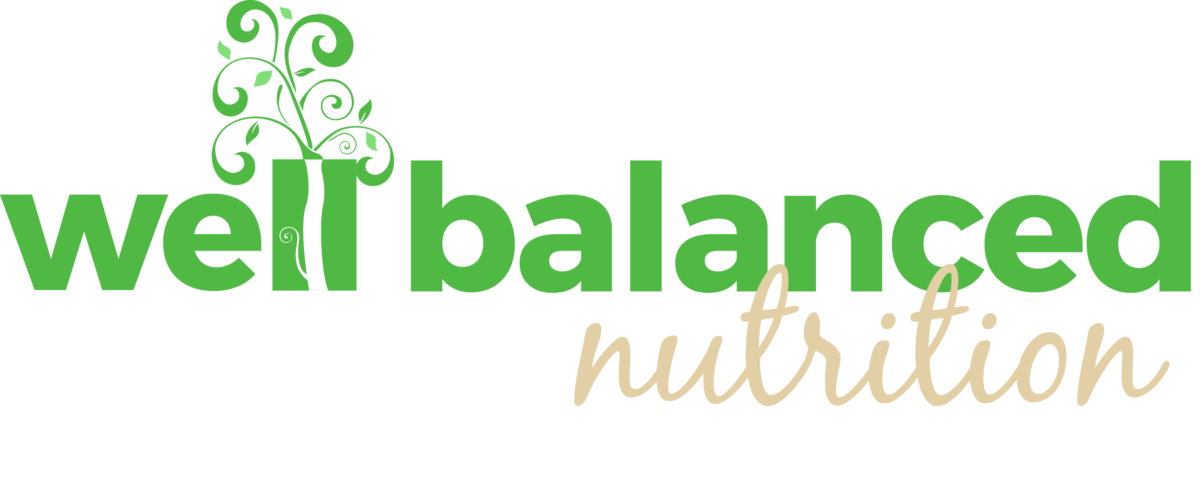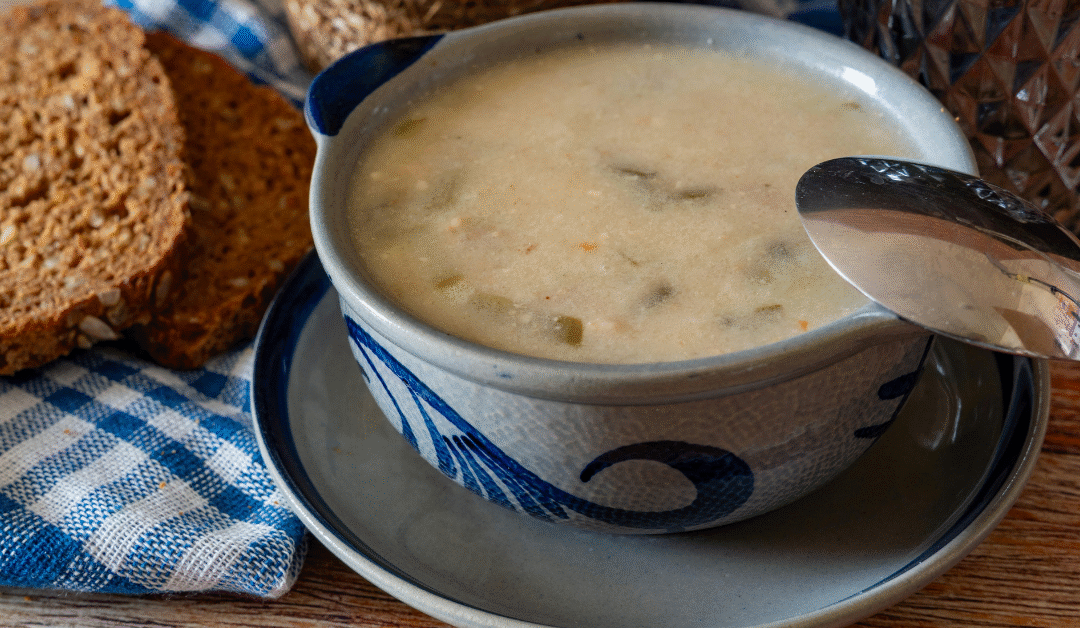Feeling a little foggy or dragging through your day? Before you assume it’s burnout or bad sleep, ask yourself: Have I had enough water today?
Water might not be flashy, but it plays a starring role in your energy, focus, digestion, and even mood. At Well Balanced Nutrition, we believe hydration is one of the simplest ways to support your body, especially when life gets busy and wellness feels hard to keep up with. Let’s break down why water matters and how to make it easier to drink up.
What role does water play in the body?
It helps perform chemical reactions and maintain important structures in our cells. Water in the body helps regulate temperature, keep joints lubricated, nourish the brain and spinal cord, and is an integral part of our metabolism.
Why is water so important?
Since the body relies on water for many vital processes, without enough to go around all systems must work a bit harder to do their normal job.
We lose 60-100 ounces of water every day through normal processes like sweating, urinating, and even breathing. If we don’t replace these losses we can see negative consequences like decreased focus or cognitive function, mood fluctuations, headaches, dry skin, and constipation.
What are the benefits of drinking water?
Just like a car runs better with adequate oil and gas, your body runs best with adequate water and calories. Drinking water is not a magic bullet for health, but it is an important and often overlooked requirement for a high functioning mind and body. Drinking enough water promotes healthy digestion, supports mental focus, can aid in weight loss, prevents headaches, lubricates joints, and keeps skin moist.
How much water do I need to drink?
It depends on many factors such as your age, gender, activity level, and overall health. Adequate intake levels for water have been determined for generally, healthy people and are based on age and gender.
- For women, the amount of total water is about 11.5 cups per day.
- For men about 15.5 cups.
Total water estimates, however, include fluids consumed from both foods and beverages, including water. If eating a healthy diet you typically get about 20% of the water you need from the food you eat. Taking that into account, in order to help replenish normal water loss:
- women need to drink about 9 cups of FLUIDS per day
- men need to drink about 12.5 cups of FLUIDS per day
If you are pregnant or breastfeeding, you’ll require more water. Individuals with certain health conditions, such as congestive heart failure or renal disease, also have different fluid needs. The same is true for those with serious infections or diarrhea.
What foods are high in water?
Foods with a 90-100% water content include:
- Fruits – cantaloupe, strawberries, and watermelon.
- Vegetables – lettuce, cabbage, celery, spinach, and cooked squash.
Foods with a 70-89% water content include:
- Fruits – bananas, grapes, oranges, pears, and pineapples.
- Vegetables – such as carrots, cooked broccoli, and avocados.
- Dairy products – yogurt, cottage cheese, and ricotta cheese.
How do I know I’m getting enough water?
A quick and easy way to check if you are getting enough water overall is to take a peek at the color of your urine. If you are consuming enough, the urine color will be a pale yellow color. If it is a dark yellow or amber color, you may need to increase the amount you consume.

What else counts toward fluid/water intake?
It was once thought that coffee and tea shouldn’t count toward hydration goals. Coffee and other caffeinated drinks do make you urinate more, but overall, they’re hydrating because of their water content. Milk is a very hydrating drink. Juices, sodas, and other sweetened drinks are also hydrating, but they contribute sugar and calories you may not want. Water is usually the best choice for hydration because it doesn’t have extra calories.
Does bubbly water count toward water intake?
Bubbly water is mostly a healthy way to shake up the monotony of plain water. It shouldn’t completely replace plain water so don’t drink it exclusively. Try alternating it with regular water. Keep in mind, not all sparkling waters are created equal. Club soda, tonic water, and some flavored varieties can contain added sodium, sugar, and artificial sweeteners. For this reason, be sure to know what’s in your favorite sparkling water. Read the labels.
What about electrolytes?
When we sweat, especially during exercise or in the summer heat, we’re not just losing water. We also lose electrolytes like sodium, potassium, magnesium, and chloride, which play a critical role in fluid balance, nerve transmission, and muscle function. For most people, a balanced diet with fruits, vegetables, dairy, and whole grains provides enough electrolytes. But for active individuals, those who eat very little sodium, heavy sweaters, or people with gastrointestinal losses (vomiting, diarrhea), additional electrolyte support may be helpful. Your dietitian can help tailor hydration and electrolyte strategies based on your health status, medication use, and activity level to prevent symptoms like fatigue, cramping, dizziness, or irregular heartbeat.
Bottom line:
Your body is constantly working behind the scenes, regulating temperature, powering your muscles, and fueling your brain, and it depends on water to do all of that well. Staying hydrated doesn’t need to be complicated or perfect. Start by paying attention to your thirst, checking your urine color, and finding fluid sources you enjoy. Whether it’s a glass of water, a hydrating meal, or a bubbly beverage with a splash of citrus, every sip counts.
Let this be your reminder: Your body deserves the support. Drink up—you’ve got things to do, and water helps you do them well.



